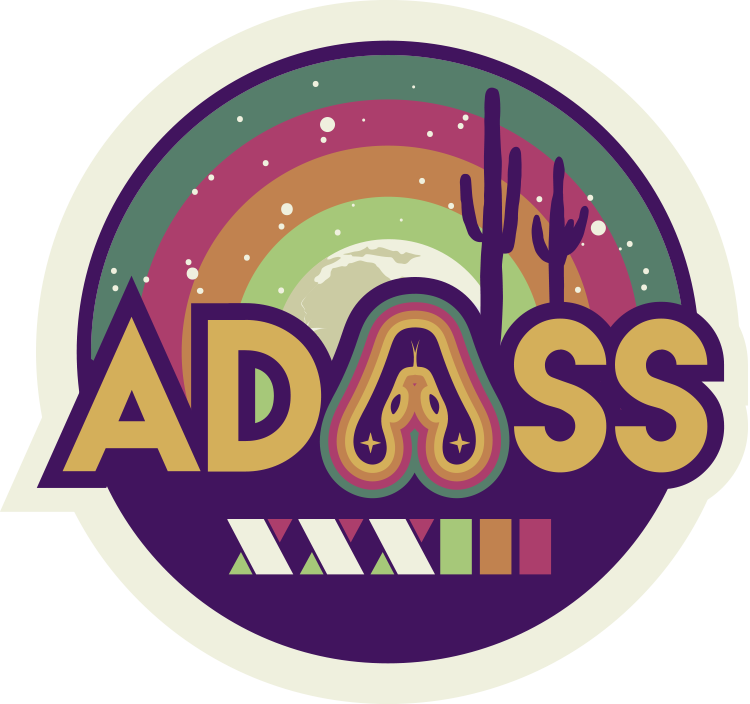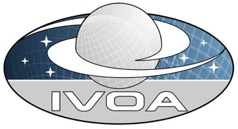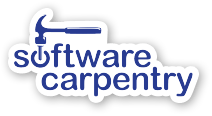
The ADASS Reception will be on Sunday, November 5, 2023, from 6:00 - 10:00 p.m. at Gentle Ben's Brewing Company in the University of Arizona's Main Gate Square district. Gentle Ben's is in the same block as the University Marriott and is just two stops from the ADASS venue on the Sun Link Streetcar, or just a short walk after the ADASS Tutorials. The Streetcar and all public transportation in Tucson are free, but the last car on Sunday is at 8:00 p.m. Ride-sharing following the Sunday reception can be discussed on the #travel-sharing channel on Slack.
Food, friends, fun and entertainment are also free. There will be a cash bar.
Birds-of-a-Feather
Birds of a Feather (BoF) sessions at ADASS provide a space for flexible and informal discussions of groups with a common technical or scientific interest. BoFs are selected by the Program Organizing Committee based on anonymized proposals from the ADASS attendees themselves and, in 2023, were a factor of two oversubscribed, demonstrating the continuing robust health of the ADASS community. Birds of a Feather sessions are generally held in parallel sessions at the end of the first full day of the conference. ADASS XXXIII is a hybrid meeting and some presenters and participants may be remote.
There are recordings for B901 and B601.
The ADASS Banquet will be on Tuesday, November 7, 2023 at the Pima Air & Space Museum. Buses will be provided, leaving from the conference venue THE MARRIOTT at 4:00 p.m. and returning about 9:00 p.m.
The banquet will be preceded by a special tour of the Stratospheric Observatory For Infrared Astronomy. ADASS will be the first group to tour SOFIA following its recent retirement and relocation to the Museum.
Next, there will be a special presentation by Mike Nolan, Deputy PI of OSIRIS-APEX, the retargeted OSIRIS-REx spacecraft that will visit and study the asteroid Apophis for 18 months after the Potentially Hazardous Asteroid's dramatic close approach to Earth on April 13, 2029.
Following the talk, Mariachi Corazón Latino will entertain us. This drew two exclamation points from the events supervisor at the museum: "FANTASTIC! We have had Mariachis out for other events and they sound amazing in the hangar!"
A southwestern buffet will be served as you wander among historic aircraft. "Cash" bar (credit cards only).
IMPORTANT Pima Air & Space Museum Policy: No backpacks permitted. Small purses, camera bags, and diaper bags only.

The ADASS community voted for eight themes in 2023. These fit neatly two per day (with a few adjustments for people's schedules). Talks from the ninth theme of Other creative topics are scattered throughout.
Monday 1-2:Science Archives 2-3:Mission Operations
Tuesday 1:1:User Experience 2-3:AI in Astronomy
Wednesday 1:GPU implementations 2-4:Solar System, heliophysics, and planetary science
Thursday 1:Careers in research software 2-4:Cloud infrastructures
Invited talks
The Program Organizing Committee votes on community nominations for the ADASS Prize and invited talks. Each year's themes are selected by the community.
ADASS Prize
The ADASS Prize award and talk will be during the first plenary session on Thursday, November 9, from 9:30 to 10:00 a.m.
The ADASS Prize for an Outstanding Contribution to Astronomical Software is awarded every year at the annual conference. Eligible candidates are the developers of astronomical software ranging from those that have stood the test of time to those that are new and cutting edge. Depending on the software and the nomination, the award is given to either a group or an individual. Nominations can be for a single program, a package or a library. Nominations come from the ADASS community and are voted on by the Program Organizing Committee.
2023: Alberto Accomazzi for the ADS Team. The ADS is a digital library portal for researchers in astronomy and physics. The concept of ADS started in 1987. It has gone through many revisions over the years, from 40 papers as proof of concept in 1988 to more than 17 million records, 170M citations, and 700K articles in its full-text archive today; from scanned images of papers to online editions; from simple web user interface searches to sophisticated web UI and APIs. ADS now has agreements with almost all astronomical journals, who supply abstracts. Integrated in its collections, the ADS provides access and pointers to a wealth of external resources, including electronic articles available from publishers’ websites, astronomical object information, data catalogs and data hosted by external archives. The ADS currently have links to over 13.3 million records maintained by its collaborators. This award is presented in recognition of the outstanding contribution of the ADS to the astronomical software community and the positive impact it has on many astronomy projects and scientists. The ADS is operated by the Smithsonian Astrophysical Observatory under a NASA grant. About ADS.
2022: Erik Tollerud for the Astropy team. Since its formal beginning in the Fall of 2011, the Astropy Project has been a community effort with the combination of institutional resources and many dedicated contributors. It has grown over the years and been used by many projects and individual astronomers. The first core astropy package release was version 0.2 in 2013. It is now at version 5.1. It is known to almost everyone involved in astronomy software development. This award is presented in recognition of the outstanding contribution of Astropy Project to the astronomical software community and the positive impact it has on many astronomy projects. The Astropy Project is made possible through the hard work of hundreds of people in the community. Please see team and credits for details.
2021: Doug Tody, Lindsey Davis, and Frank Valdes for the design and development of the core IRAF system and science packages that have enabled almost 25,000 scientific papers since 1986. IRAF (Image Reduction and Analysis Facility) is a software system developed originally by the National Optical Astronomy Observatory (now NSF's NOIRLab) that has been extended by astronomers and institutions to provide a standard platform for data reduction and pipeline processing for numerous ground and space-based observatories. This award is presented in recognition of the outstanding contribution of IRAF to the astronomical software community and the key role these awardees had in developing the core system. YouTube
2020: William Pence for his work on CFITSIO, a library of subroutines for reading and writing FITS files. which has been used in countless astronomical software packages over two decades. It provides a de facto reference implementation of the FITS standard in addition to supporting common extensions used by the astronomical community. CFITSIO has proven to be both robust and portable, providing a stable code base for numerous projects across many operating systems and development languages. This award is presented in recognition of the outstanding contribution of CFITSIO to the astronomical software community and for Bill's efforts in leading the project since its inception. YouTube






